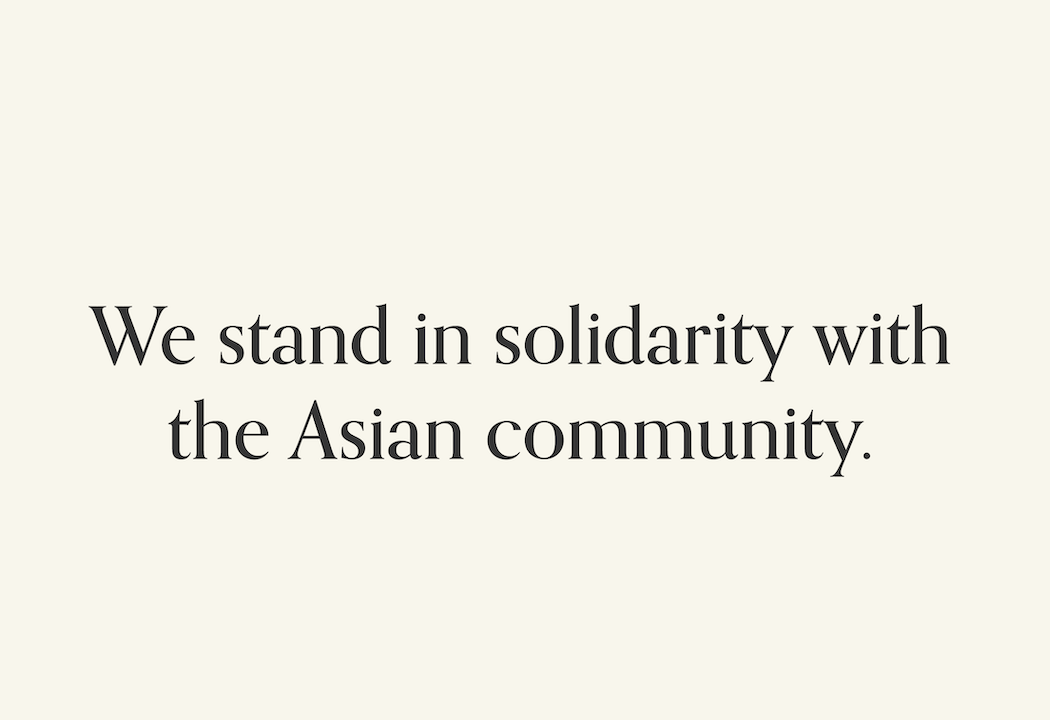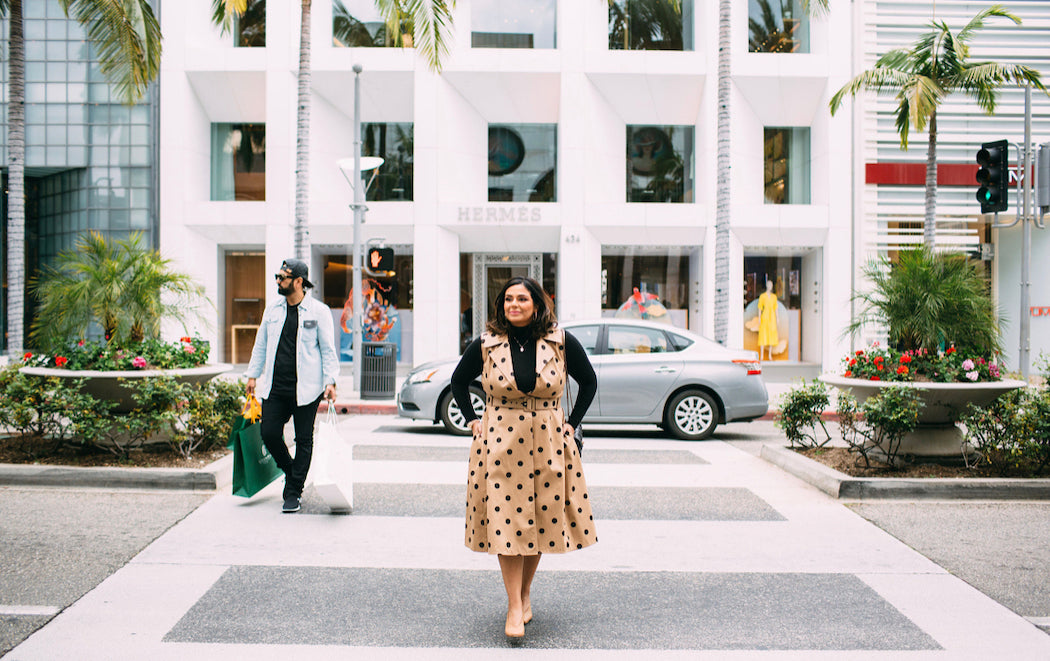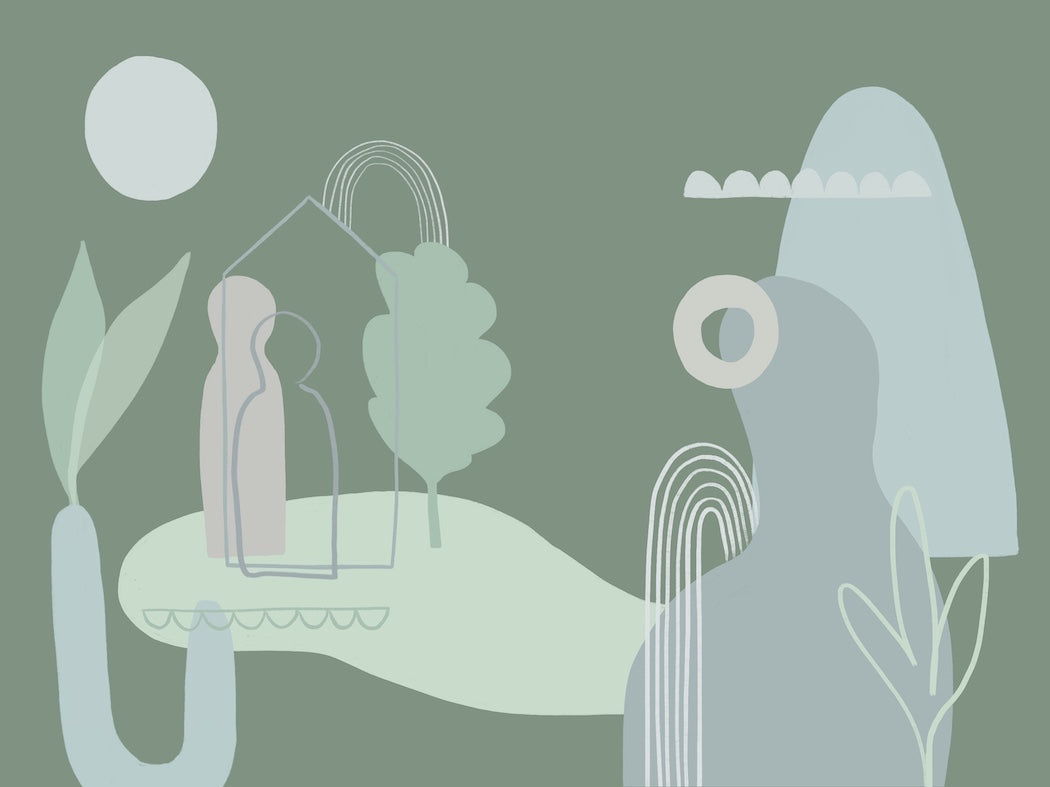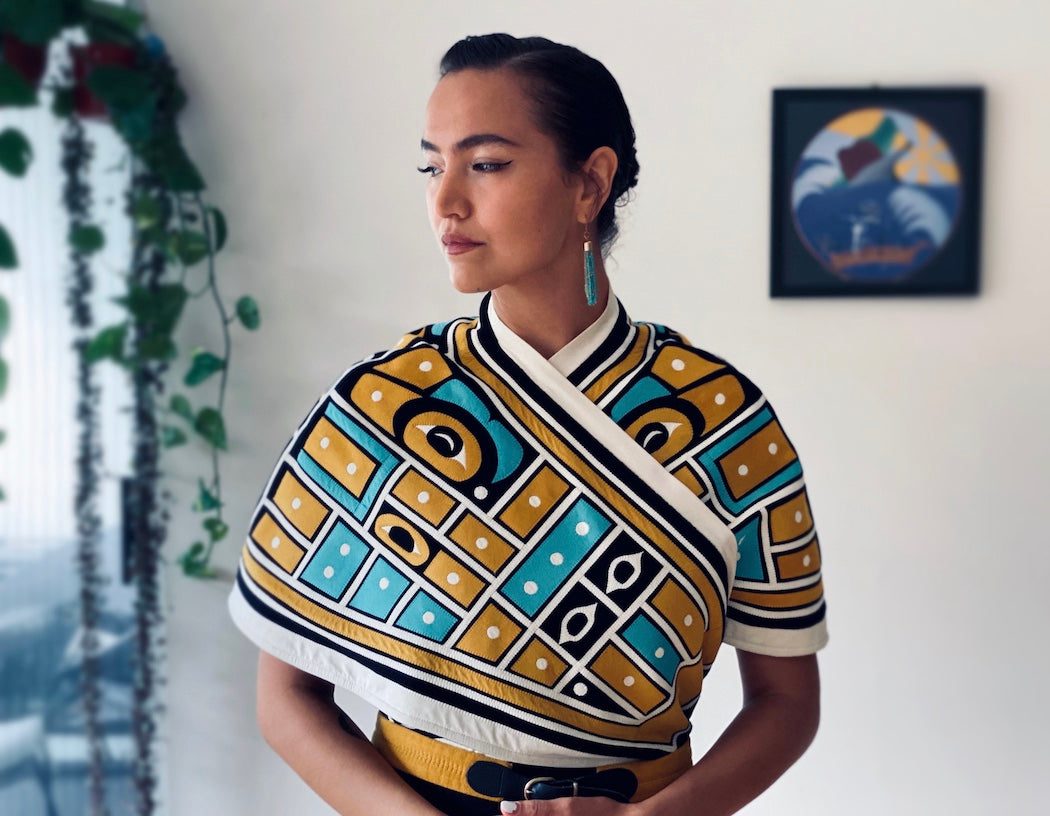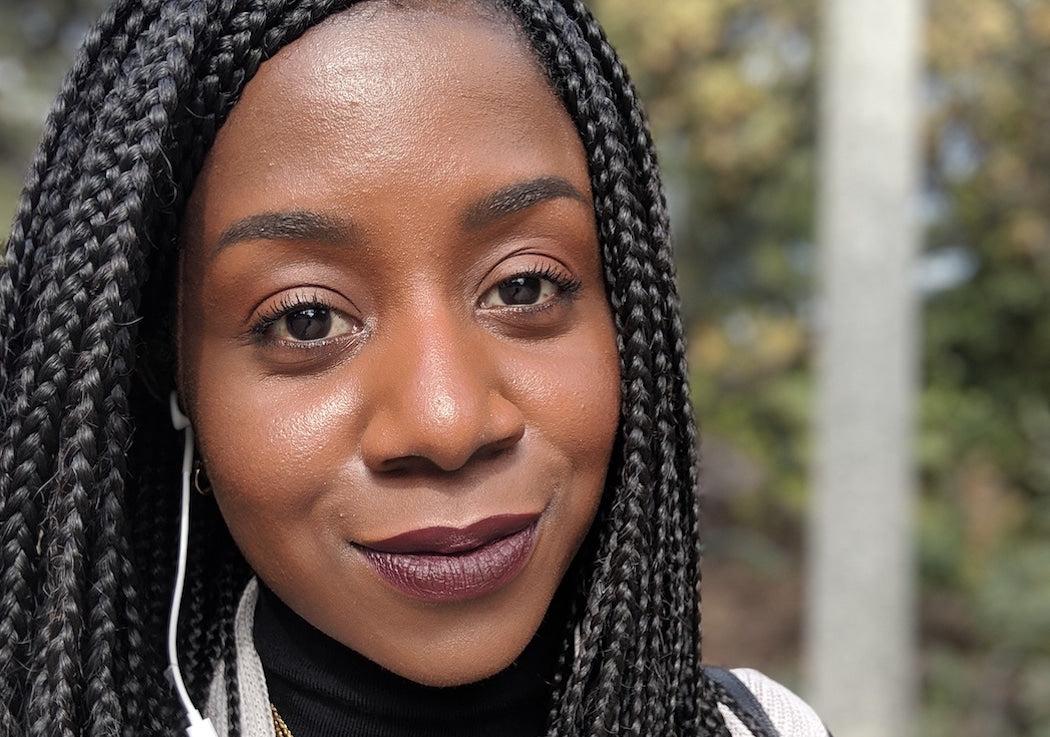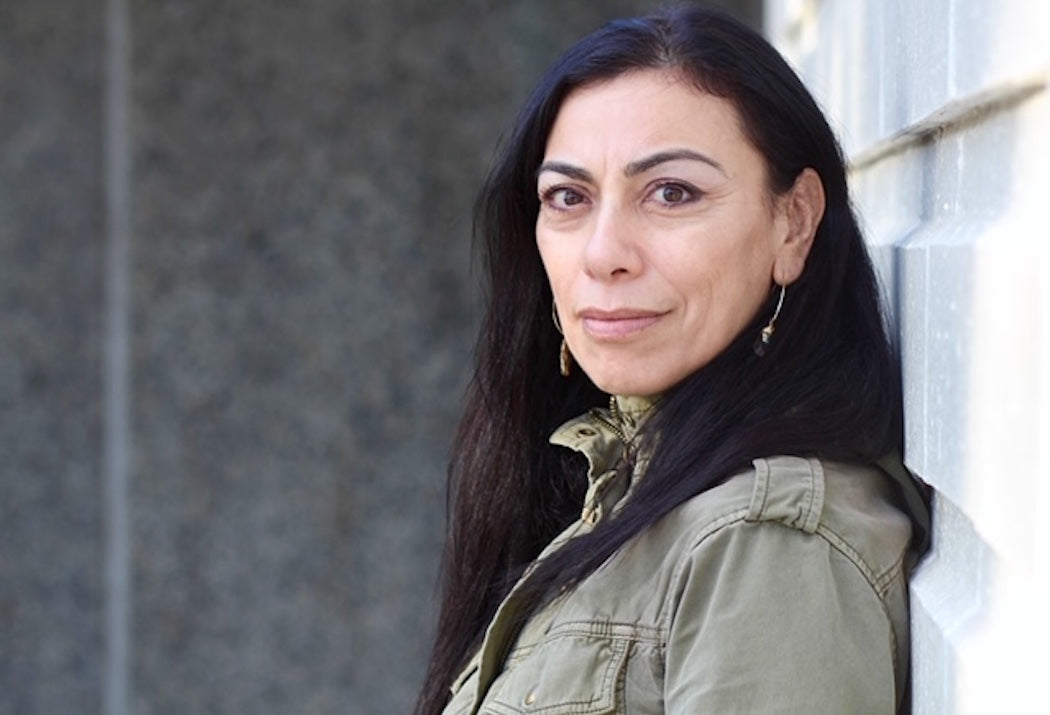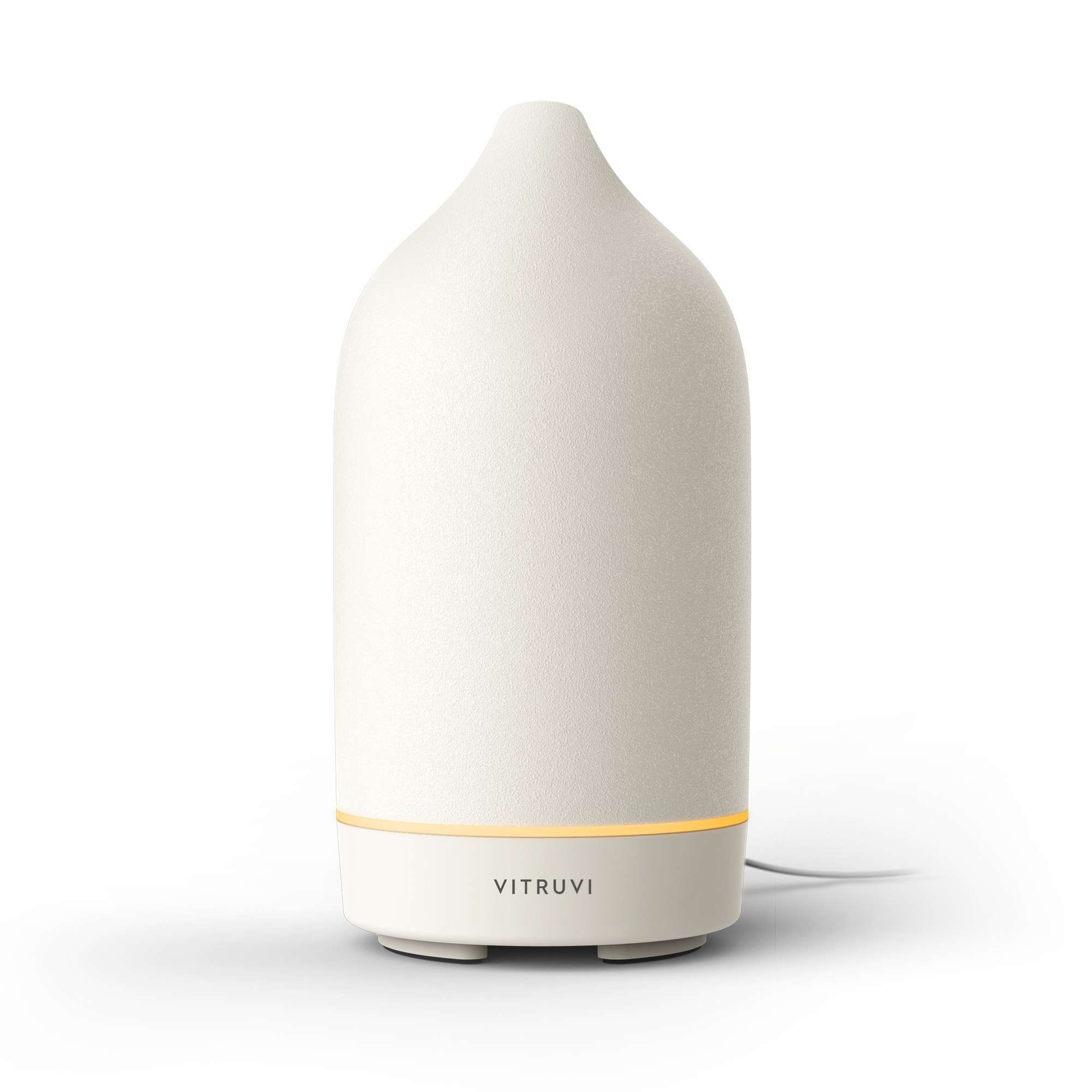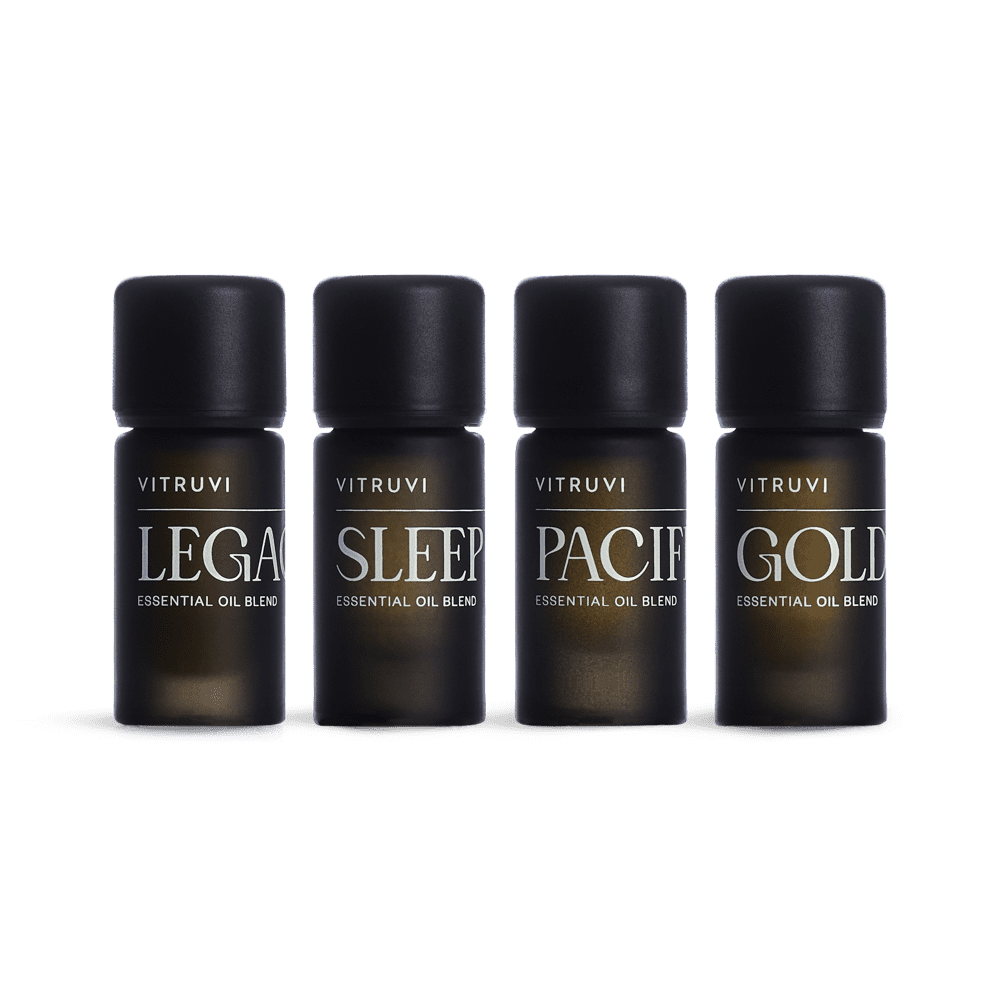I’ve been listening to NPR’s How I Built This podcast recently, and a common theme keeps cropping up: great ideas come from everyday frustrations.
The inception of Toronto-based clothing brand Kotn was one of these instances. Three friends wanted to be able to buy wardrobe basics that didn’t affect their values (because it seemed you always had to give in to something). When they initially set out to rebuild the Egyptian cotton industry, they didn’t realize how fragmented it truly was. Nevertheless, Benjamin Sehl and his cofounders (Mackenzie Yeates and Rami Helali) have managed to create a brand of sustainable, high-quality cotton basics that are also affordable, while ultimately starting a movement that aims to improve the quality of life for the people of the Nile Delta in Egypt—including their farmers, weavers, and factory owners. Below, Sehl answers some of my questions via email on conscious shopping, travelling for work, and more.
What inspired the founding of Kotn?
Kotn was born from a shared frustration between the three of us—as far as our wardrobe staples went, everything we found seemed to compromise on either design, quality, price, or ethics. When we dug into the process of how garments were made and sold, from the farms to your wardrobe, we found a really broken system and we (perhaps naively) thought we could do better.
When did you first travel to Egypt and what do you remember most from that experience?
Rami and I have been friends for over 15 years, and while he’s told me all about Egypt throughout our friendship, I’d never visited until we started Kotn. What I remember most was being in awe of how diverse the landscapes were depending on where you were in the country: the beaches along the coast of the Mediterranean; kite-surfers on the Red Sea; bustling cities in the south like Luxor and Aswan filled with multi-thousand-year-old temples; and the mountains near the Sudanese border—all so different from one another.
How often do you travel for work now?
Between the three of us, someone is travelling almost all the time. Personally, I travel to new cities to open up stores and pop-ups, and once a year or so to Egypt to catch up with our team there and check out what’s happening on the ground.
What’s a city that’s on your travel bucket list?
Tokyo!
How has your relationship to your clothes changed since starting Kotn? Has this affected your consumer choices in other industries, like food or wellness?
When we first started, I definitely had a preference for products where I had a bit of transparency into how things were made. Since then that’s become a much stronger passion. I’ve also learned so much about the ripple effects our consumer choices have that go beyond individuals and into shaping communities.
There’s a great documentary called The True Cost that came out when we started, and I highly recommend it. The changes in my consumer choices are definitely reflected in a lot of different areas—I really believe in the power of voting with your dollar, and so I think about that with each purchase. I mainly tend to avoid any products that need a ton of intermediaries between myself and the original source. Each level of “middleman” means a markup, and between compounding markups and a need for competitive pricing, the people who make it all possible, like farmers, end up getting hit the hardest.
I noticed you were also selling some vintage pieces in your Vancouver pop-up [now a permanent store]. I think it’s really cool to have this merging of two kinds of slow fashion. Do you do this in your Toronto store all the time?
We’ve just started doing it recently. You can find some really amazing vintage pieces out there, and if you can extend the life of a garment, you’re also preventing the need for production of another—double whammy. Hopefully we’re able to create products that one day become as treasured as the vintage pieces in my wardrobe.
How do you practice transparency as a brand?
We’re always looking for new ways to show people the conditions of everyone we work with throughout Egypt, as well as their communities and culture. We’ve put out interviews with factory workers and a portrait series, we’ve documented our farms, we show behind-the-scenes production through our social media, and we also audit our entire process. In addition, we do reporting through B Corp, where we scored in the top 10% and were named “best for the world” in social impact. There’s a lot more we’re working on to really show all the inner workings of our process, and we’ll be releasing new stories about the people that make our products in the months to come.
Your Black Friday fundraiser helped you raise enough money to build your second school in Egypt. What’s the long-term goal for this initiative?
Building schools was in direct response to what we were seeing when we were looking into the farms in the rural Nile Delta, which is children without access to education. Our long-term hope with the initiative is to create a virtuous circle where kids from these villages are able to have an education that enables them to positively impact the future of the industry.
This interview has been edited and condensed.


